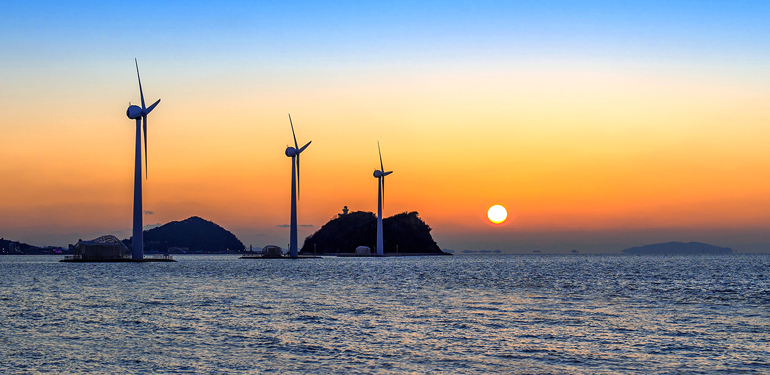In Spain an Influx of Winter Visitors from Europe is Expected

The mild and warm winter in sunny Spain has always been more attractive and pleasant for many. This year, however, the demand is driven not by a romantic mood, but by high electricity and gas prices across Europe. Germans and Czechs have already calculated that wintering in the warmth of Spain is much cheaper.
Indeed, our winter is really warm. There are no frosts and snow here. In Torrevieja, even in the coldest period, the temperature does not drop below +10-12°C during the day, and +3-5°C at night. On average, in January-February, it's consistently around +18°C, and it's also sunny and green.
Of course, heating is still necessary. But three months of it is better than six or nine.
However, it's important to know that not every Spanish house has central heating! Most are heated with air conditioners and electric heaters, which is quite expensive. So why have Europeans flocked to Spain for the winter?
The Spanish government, like all European countries, has taken measures to curb the rise in electricity prices and support residents. Spain and Portugal have introduced a new system for forming electricity prices. Since both countries are located on the Iberian Peninsula and occupy almost its entire territory, this mechanism is called the "Iberian exception." As is known, in Europe, the price of electricity directly depends on the price of gas. And the situation with gas is currently complex. Therefore, in Spain and Portugal, a maximum price has been set for gas used to produce electricity. This week, the Spanish executive authorities reported that the Iberian exception has already allowed Spanish electricity consumers to save more than 2.6 billion euros (an average savings of 17 euros per month compared to what would have been paid without the mechanism).

The average price of the wholesale market since its application has been 147 euros per megawatt-hour (MWh), while the average price of light for customers with a regulated tariff, linked to the wholesale market, including an additional adjustment for the Pyrenean exception, was 267 euros/MWh, which is 35% lower than what the French pay, 40% less than the Italians, and 25% lower than the Germans.
However, what we save in one place, we pay in another. The Iberian exception helped reduce the price of megawatt-hours of energy, but additional compensation for gas companies makes many wonder how applicable this is to all of Europe.
Several months have passed since its implementation, and some conclusions can be drawn. Despite the set maximum price, if the gas is expensive, we ultimately pay for it. The system sets a limit on the price of gas at €40/MWh, but this does not mean that a high price of gas will not affect us. The Royal Decree-Law establishes compensation for gas companies. Unfortunately, the price of gas has already easily exceeded €200/MWh, leading to enormous compensation.
So, has this helped us pay less? It's a big paradox because most analysts agree that it indeed helped us pay less. However, in August 2022, we had the bill for the most expensive light in the history of Spain. OMIE (Iberian Electricity Market Operator) publishes data every day, showing the current cost plus compensation and what it would have been without the Iberian exception. In the first few months, the average price was about €148/MWh, which, taking into account compensation to energy companies, amounts to about €274/MWh, but without this, it would have reached €328/MWh. However, the price of electricity in Spain is always very similar to that in neighboring countries, but in August of this year, it was noticeably lower. To date, at least 15 European countries have signed a letter expressing support for this measure as one of the priorities of the European Union.
These include Belgium, Bulgaria, Croatia, France, Greece, Italy, Latvia, Lithuania, Malta, Poland, Portugal, Romania, Slovakia, Slovenia, and Spain. Among the main countries opposing were Denmark, the Netherlands, and Germany. But the latter has already decided to accelerate its implementation independently. That is, to be against it in order to get ahead of others and apply it in their own country. German Chancellor Olaf Scholz announced a package of measures totaling €200 billion, including setting a maximum price for gas. This contribution will partially come from economic stabilization funds, which were originally used to protect businesses from the consequences of the coronavirus crisis. It is now noted that the energy crisis has an even greater impact on the treasury and the accounts of many companies.
